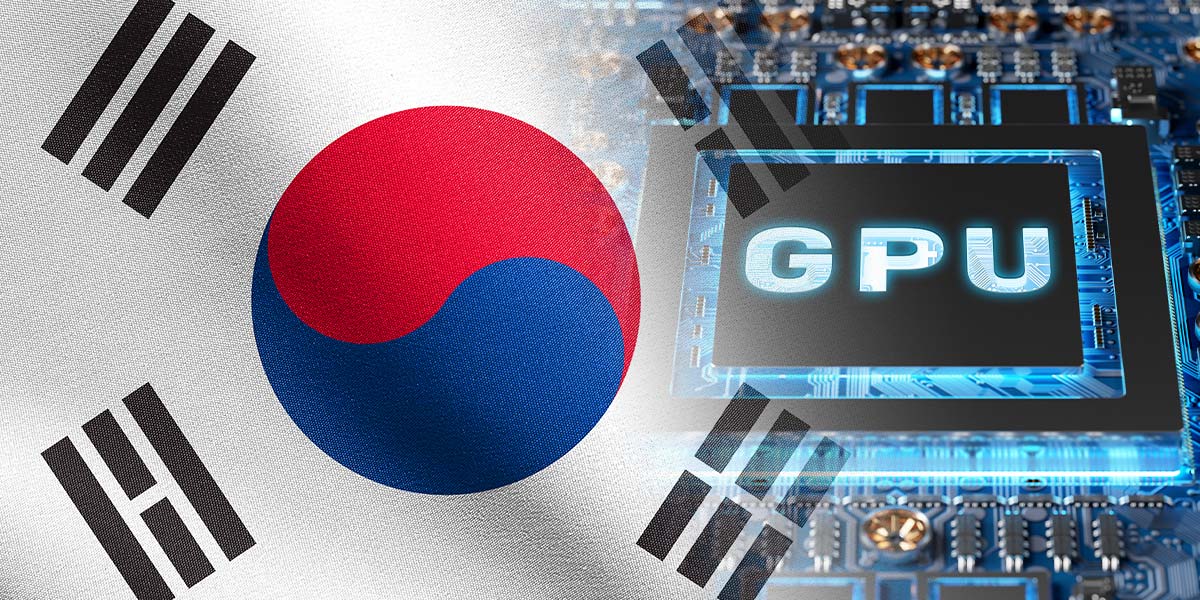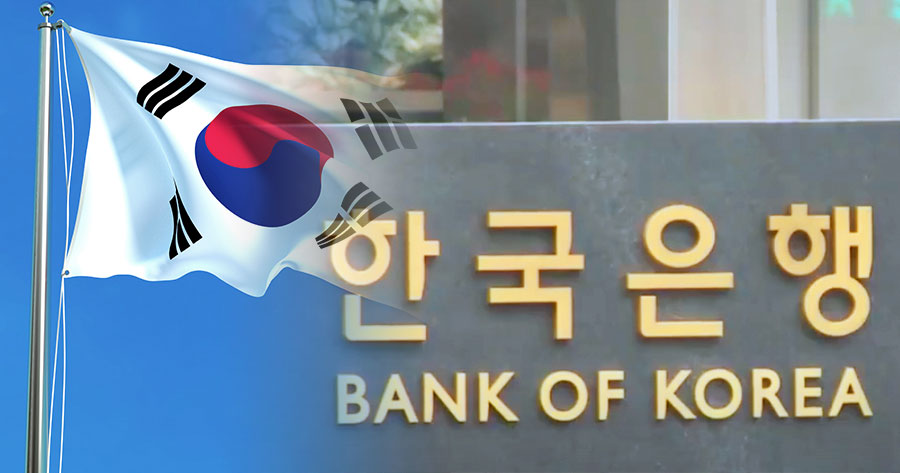As the competition in the AI industry escalates around the world, South Korea decided to secure 10,000 high-performance graphics processing units (GPUs) within 2025 in order to keep pace.
According to South Korea’s acting President Choi Sang-mok, the nation plans to secure large numbers of GPUs through public-private cooperation to provide AI services at its national AI computing center as soon as possible.
Meanwhile, the US has imposed a regulation that controls the export of US AI chips and technology needed for AI applications. Iran, China, and Russia are on the complete restricted list, with 120 countries facing caps. South Korea and 17 other countries, in the meantime, are exempt.
As for the GPU product the nation plans to purchase, the Ministry of Science and ICT stated that there is no clear detail to provide. However, the details on budget, GPU models, and private companies participating in this plan may be finalized by this September.
In other related notes, the soaring demand relating to generative AI and accelerated computing had allowed the US chip designer Nvidia to take over 80% share of the global GPU market, far ahead of its rivals like Intel and AMD.
However, Microsoft-backed OpenAI is now trying to sever its reliance on Nvidia by developing its first generation of in-house AI silicon. According to a Reuters report citing sources familiar with the matter, the design of this first in-house chip will be finalized in the next few months, with the company planning to send it to Taiwan Semiconductor Manufacturing Co. to fabricate.
China also caused a large disturbance in the AI industry, with AI DeepSeek demonstrating optimized computational efficiency rather than raw processing power, narrowing the capability gap between China’s AI and the US’s.





